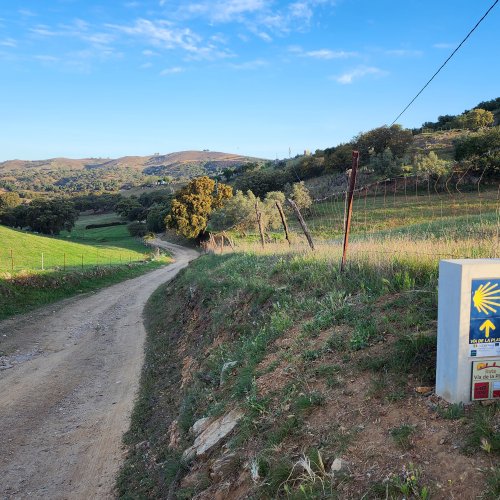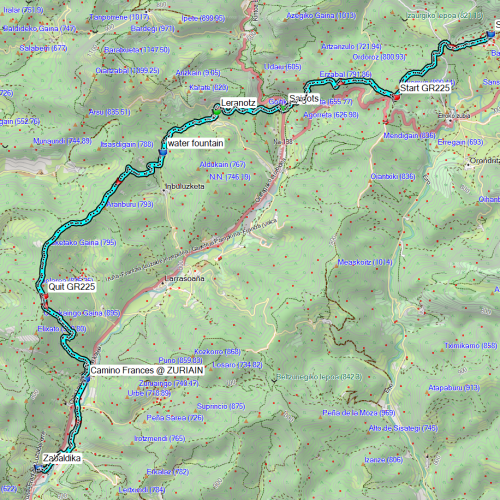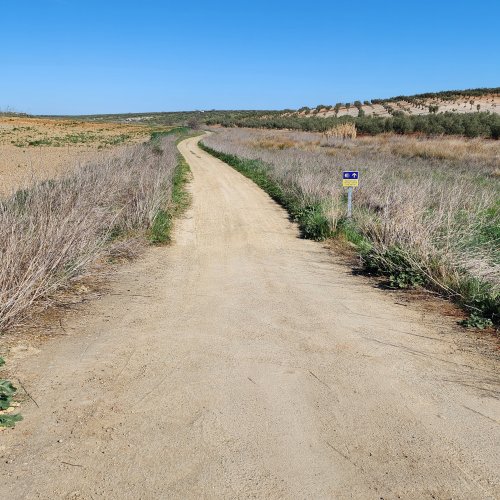Luka
Veteran Member
- Time of past OR future Camino
- Next: Camino Sanabrés (May 2024)
I have a question which isn't directly related to the Camino, but as this is such a brilliant resource, I'll give it a try. I know there are other 'foreigners' here living in Spain.
After my Camino del Norte this summer I have plans to stay in Spain for maybe a full year. I will be working as a volunteer in different projects (hopefully as a hospitalera too). In that year I want to find out if there is a way I could move to Spain permanently.
I understand it is not allowed to stay in Spain as a tourist/visitor for longer than 6 months. So I am trying to figure out how to do this. I'll have to keep my administration in the Netherlands (because of taxes, owning a house and having a registration at the Chamber of Commerce, among other reasons). I won't have a fixed address in Spain (more roaming around) and I don't intend to earn any money there. I might work as a copywriter, but only for customers in the Netherlands (online, like a digital nomad).
So, what to do? Will the Spanish authorities even notice that I am there? I am planning to fly back home for a week or so over Christmas, to visit my parents. Will that wake up the authorities? Is there any way to organize this legally, without giving up my registration in the Netherlands?
After my Camino del Norte this summer I have plans to stay in Spain for maybe a full year. I will be working as a volunteer in different projects (hopefully as a hospitalera too). In that year I want to find out if there is a way I could move to Spain permanently.
I understand it is not allowed to stay in Spain as a tourist/visitor for longer than 6 months. So I am trying to figure out how to do this. I'll have to keep my administration in the Netherlands (because of taxes, owning a house and having a registration at the Chamber of Commerce, among other reasons). I won't have a fixed address in Spain (more roaming around) and I don't intend to earn any money there. I might work as a copywriter, but only for customers in the Netherlands (online, like a digital nomad).
So, what to do? Will the Spanish authorities even notice that I am there? I am planning to fly back home for a week or so over Christmas, to visit my parents. Will that wake up the authorities? Is there any way to organize this legally, without giving up my registration in the Netherlands?

















